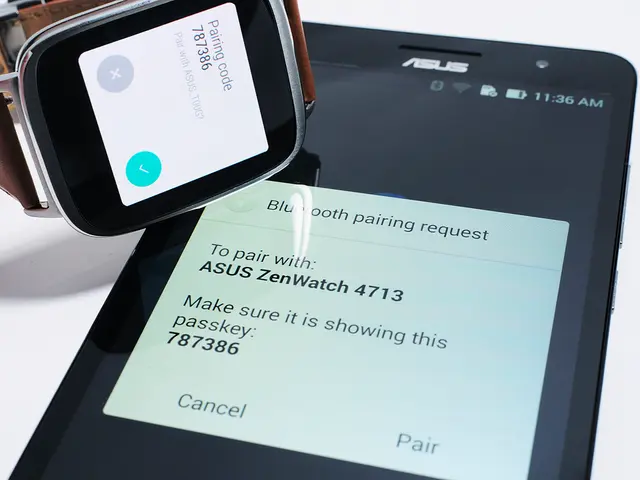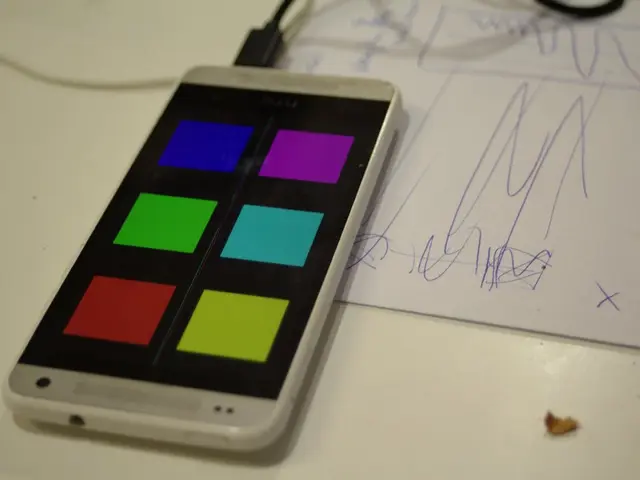Artificial intelligence is poised to revolutionize television screens, with general AI making its way onto them.
In a groundbreaking move, Samsung and Microsoft have teamed up to bring a new level of interactivity to smart TVs with the introduction of Copilot, an advanced conversational AI assistant. This development marks a significant advancement in the use of AI in the television industry, offering more personalized and engaging experiences for users.
Samsung is rolling out Copilot across its premium 2025 lineup, including Neo QLEDs, OLEDs, Micro RGB, and the art-friendly Frame models, as well as the M7, M8, and M9 smart monitors. Microsoft, on the other hand, has announced that LG TVs will also get Copilot, indicating a potential industry-wide shift towards more conversational AI in smart TVs.
Copilot is not just another voice command feature; it represents a significant shift in the capabilities of smart TVs. Powered by large language models developed by OpenAI, Copilot can generate text, summarize content, and answer questions in a conversational way. This allows users to ask for detailed information about movies, general questions, and even request movie suggestions, spoiler-free recaps of shows, or answers to general questions while watching TV.
With Copilot, the TV viewing experience becomes more interactive. Users can engage in conversations with their TV, making it a truly interactive companion. The potential growth of the smart TV market, driven by the integration of conversational AI, could make it a market projected to reach hundreds of billions of dollars.
The unique visual interface of Copilot features an animated presence on the screen and the ability to display visual cards with movie details, ratings, weather updates, or images. Copilot also remembers past conversations and adjusts recommendations over time if users sign in with their account, providing a more personalized experience.
The integration of conversational AI in TVs could finally close the gap between the huge number of people who own a smart TV and the small fraction that actually use its most advanced features. AI has been used in TVs for several years, powering features like AI upscaling, sound optimization, and recommendation engines. However, Copilot takes this a step further, offering a more conversational, interactive experience beyond simple commands.
If history is any guide, other TV manufacturers may also adopt conversational AI in the future. As more companies embrace this technology, smart TVs could become even more engaging and personalized, transforming the way we interact with our televisions. The global smart TV market, currently valued at around $226 billion, is projected to grow to as high as $745.5 billion by 2034, reflecting the potential impact of this technology.
In conclusion, the introduction of Copilot AI assistant by Samsung and Microsoft represents a significant step forward in the evolution of smart TVs. By offering more interactive and personalized experiences, Copilot has the potential to turn TV interaction into something more engaging, making smart TVs a truly interactive companion.
Read also:
- Organic Mattress Essentia Stratami: Optimal Comfort Pick for a Healthy Sleep Experience
- Fixing a crucial aspect in Apple's Studio Display stands to improve the experience for both gamers and creative professionals alike.
- Practical Electrical Suggestions for Environmentally Mindful Garden Enthusiasts
- New addition to the Australian Mercedes-Benz G-Class lineup: 2025 G 450 d, powered by diesel engine








